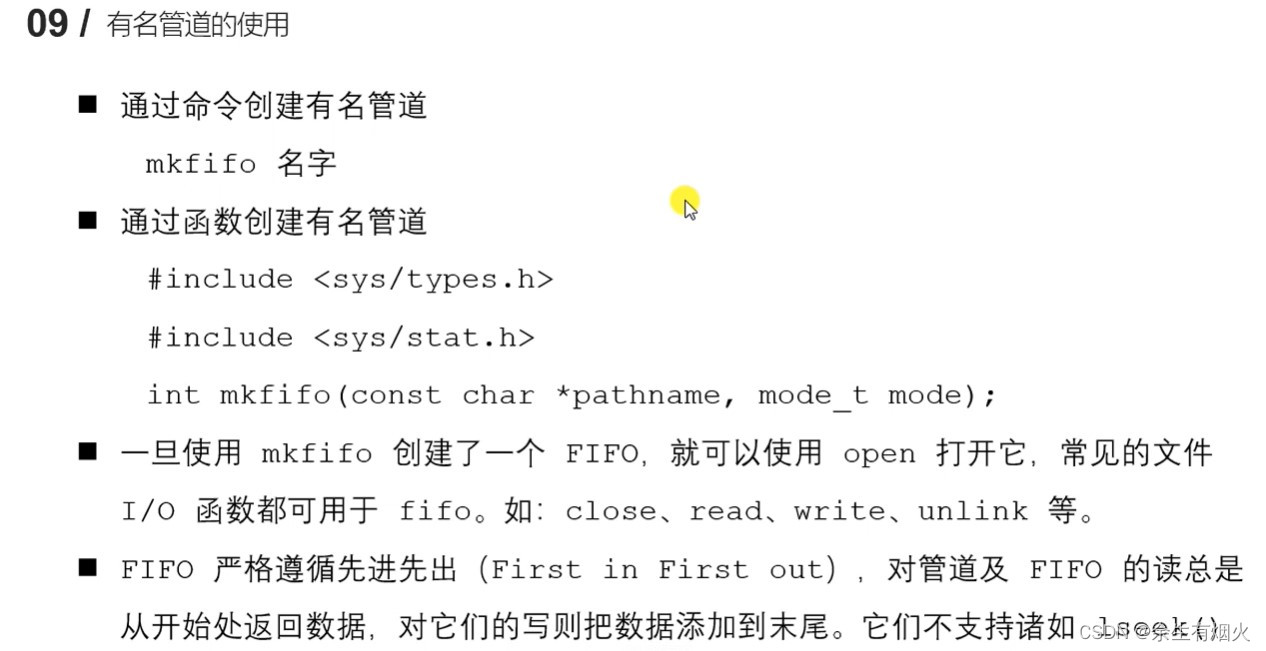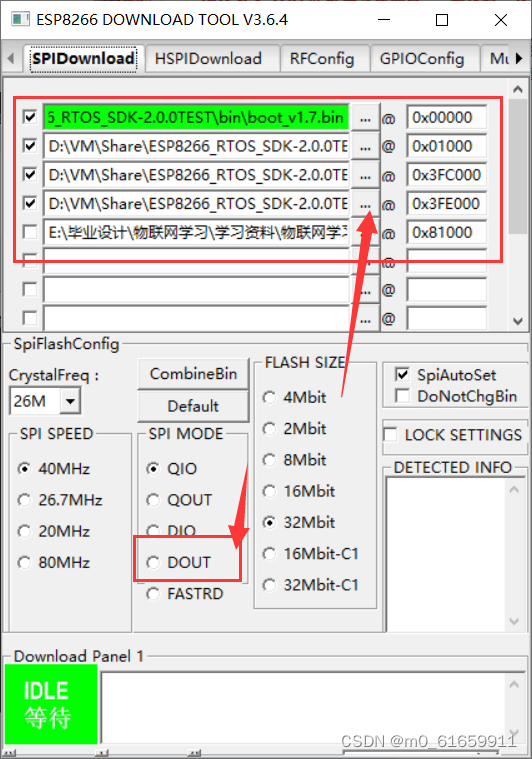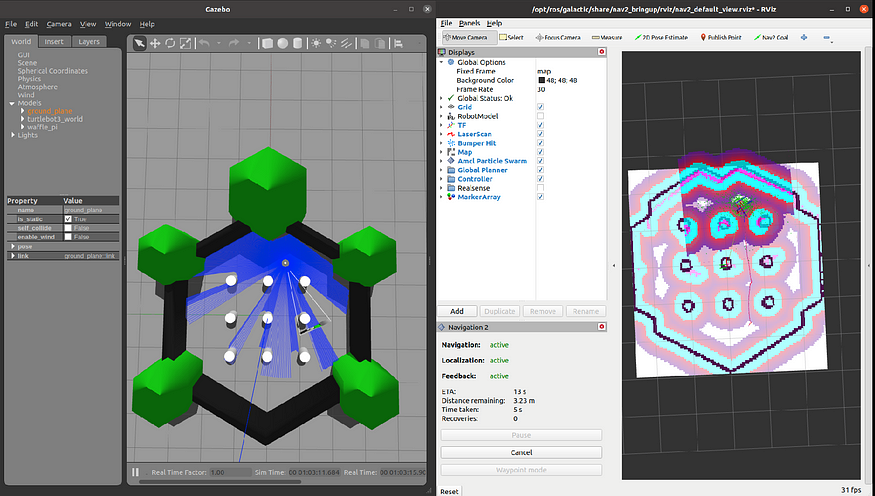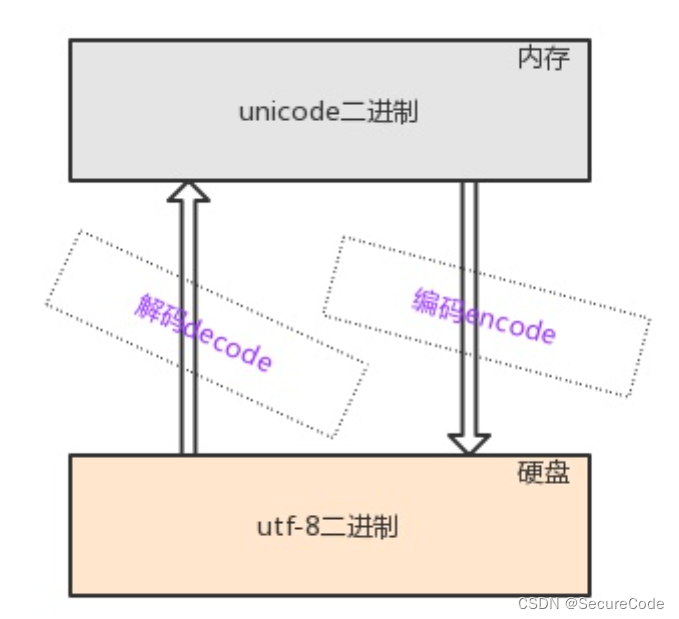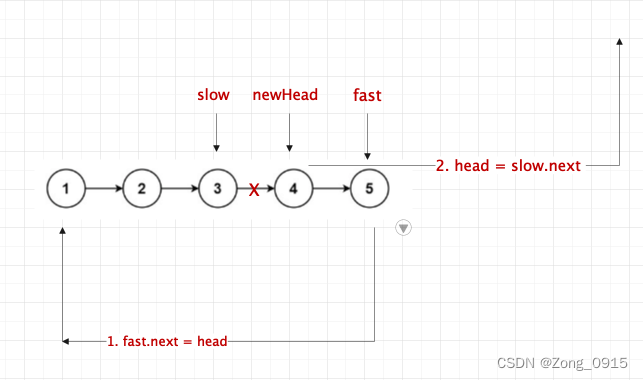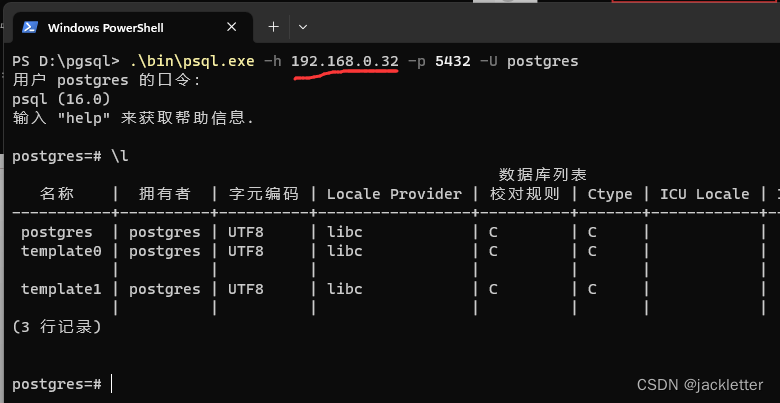数组
- 1.1 数组的定义
- 1.2 数组的创建
- 1.3 数组在内存中的情况
- 2.1 初始化数组
- 2.2 插入元素
- 2.3 删除元素
- 2.4 读取元素
- 2.5 遍历数组
1.1 数组的定义
数组中的是在内存中是连续存储的,内存是由一个个内存单元组成的,每一个内存单元都有自己的地址,数组中的每一个元素可以存储在这一个个内存单元中,使用索引来访问数组中的元素。
1.2 数组的创建
int[] arr = {1,2,3,4};
从上一个小节,不难得出,数组中访问元素时的时间复杂度为 O ( 1 ) O(1) O(1)
1.3 数组在内存中的情况
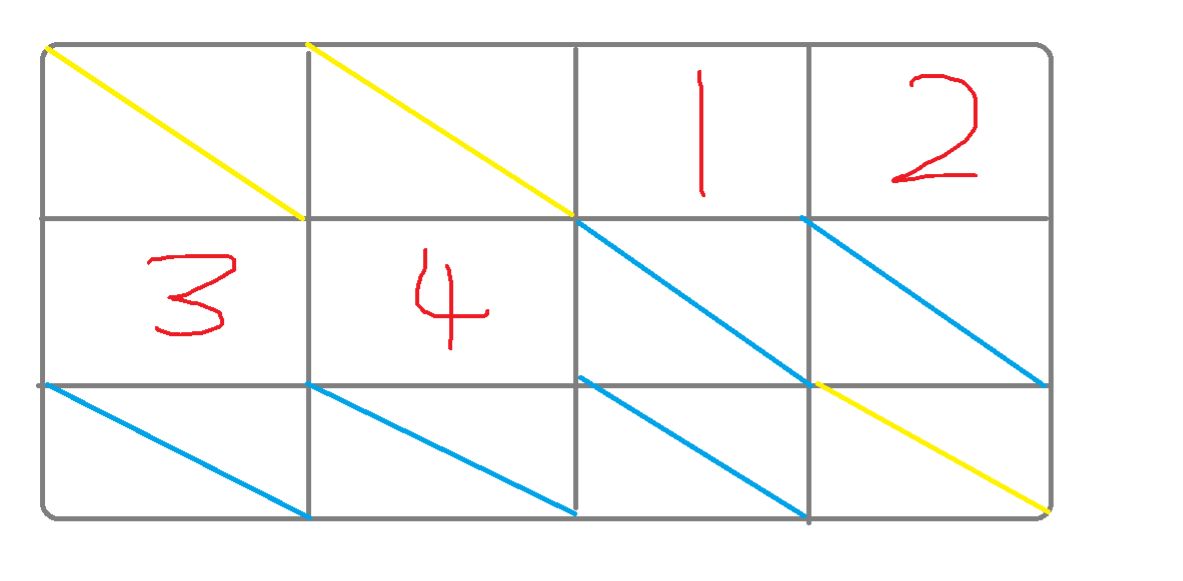
可以理解成图中所示,黄线表示空闲的存储单元,蓝线表示这个存储单元已经被其他元素所占用,1,2,3,4就是所创建的数组,可以看到是连续的。
2.1 初始化数组
// 当前数组的元素个数
private int size = 0;
// 容量
private int capacity = 5;
// 数组
private int[] array = {};
/**
* 数组扩容与初始化数组
*/
private void checkAndGrow() {
if (size == 0){ // 如果元素个数为0,就初始化数组
array = new int[capacity];
}
else if (size == capacity) { // 数组已满,就扩容数组
capacity += capacity >> 1;
int[] newArray = new int[capacity];
System.arraycopy(array, 0, newArray, 0, size);
array = newArray;
}
}
时间复杂度为: O ( n ) O(n) O(n)
2.2 插入元素
/**
* 向[0..size]位置添加元素
*
* @param index
* @param element
*/
public void add(int index, int element) {
// 检查是否扩容
checkAndGrow();
if (index >= 0 && index < size) {
// 当插入新元素时,其他数组中的元素往右移
System.arraycopy(array, index, array, index + 1, size - index);
}
// 当等于size时插入尾节点
array[index] = element;
size++;
}
/**
* 向最后位置[size]添加元素
*
* @param element
*/
public void addLast(int element) {
add(size, element);
}
时间复杂度为: O ( n ) O(n) O(n)
2.3 删除元素
/**
* 删除数组中的元素
*
* @param index
* @return
*/
public int remove(int index) {
int removed = array[index];
// 当为数组中的最后一个元素,就不需要移动
if (index < size - 1) {
System.arraycopy(array, index + 1, array, index, size - index - 1);
}
size--;
return removed;
}
时间复杂度为: O ( n ) O(n) O(n)
2.4 读取元素
/**
* 根据索引返回元素
*/
public int get(int index) {
return array[index];
}
时间复杂度: O ( 1 ) O(1) O(1)
2.5 遍历数组
/**
* 基于函数式接口,可以按照要求来指定所要实现的功能
*
* @param consumer
*/
public void myForEach(Consumer<Integer> consumer) {
for (int i = 0; i < size; i++) {
consumer.accept(array[i]);
}
}
/**
* 迭代器遍历
*
* @return
*/
@Override
public Iterator<Integer> iterator() {
return new Iterator<Integer>() {
int i = 0;
// 查看还是否有下个元素
@Override
public boolean hasNext() {
return i < size;
}
// 返回当前所指向的元素,并且指针往后移动
@Override
public Integer next() {
return array[i++];
}
};
}
时间复杂度: O ( n ) O(n) O(n)



